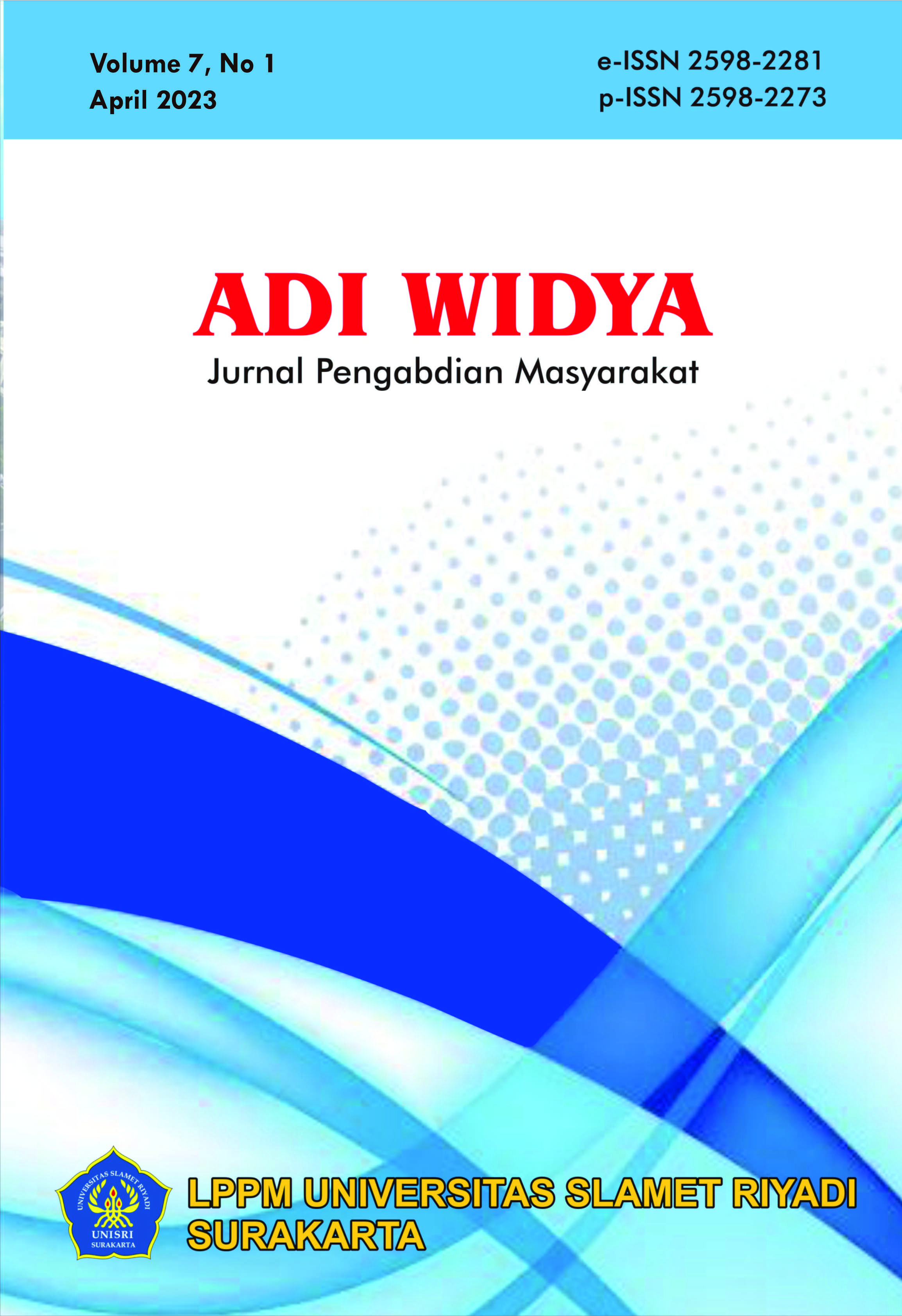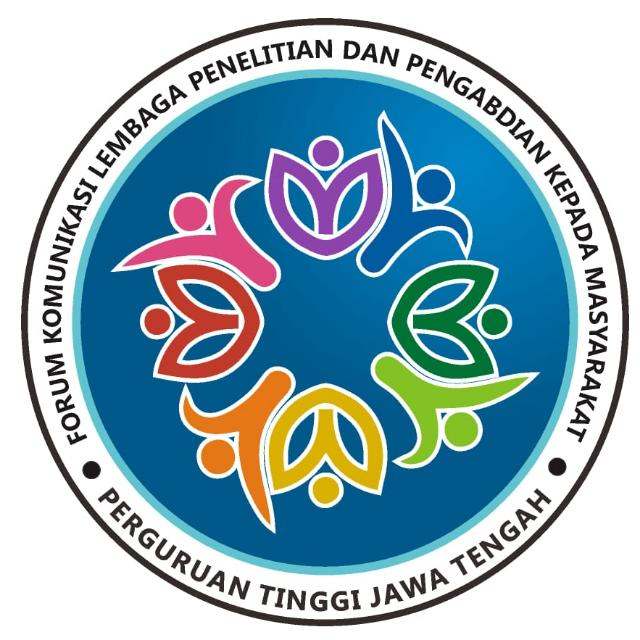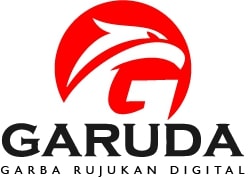Sosialisasi Produk Hukum Tentang Undang-Undang Perlindungan Anak di Sekolah Menegah Pertama (SMP) Negeri 1 Tasikmadu Kabupaten Karanganyar
DOI:
https://doi.org/10.33061/awpm.v7i1.8268Abstract
In essence, the regulation regarding children has been regulated in the Indonesian constitution, which is related to the regulation of human rights which is regulated in the 1945 Law of the Republic of Indonesia Article 28b paragraph 2 of the 2nd Amendment, August 18, 2000 clearly stipulates that children's rights are survival, growth and development as well as the right to protection from violence and discrimination. Childhood is a period of formation of character, personality and character. Forms of child protection are carried out from all aspects, starting with coaching in the family, social control over children's association. Law Number 35 of 2014 and also Law Number 11 of 2012 concerning the Juvenile Criminal Justice System principally aims to provide and protect children's rights so that they can live, grow and develop and participate optimally, and obtain protection from acts of violence and discrimination. The method of implementing this service is carried out in several activities, namely the survey stage, namely socialization. With the aim of realizing a Golden Generation of Child Protection Awareness
Downloads

Downloads
Published
How to Cite
Issue
Section
License
Copyright (c) 2023 Itok Dwi Kurniawan, Ismawati Septiningsih

This work is licensed under a Creative Commons Attribution-NonCommercial-ShareAlike 4.0 International License.
- Hak publikasi atas semua materi informasi yang tercantum dalam situs jurnal ini dipegang oleh dewan redaksi/editor dengan sepengetahuan penulis. Pengelola Jurnal akan menjunjung tinggi hak moral penulis.
- Aspek legal formal terhadap akses setiap informasi dan artikel yang tercantum dalam situs jurnal ini mengacu pada ketentuan lisensi Creative Commons Atribusi-NonCommercial-No Derivative (CC BY-NC-ND), yang berarti bahwa hanya dengan izin penulis, informasi dan artikel Jurnal PKM dapat didistribusikan ke pihak lain dengan tanpa merubah bentuk aslinya untuk tujuan non-komersial.
- Setiap terbitan Jurnal PKM, baik cetak maupun elektronik, bersifat open access untuk tujuan pendidikan, penelitian, dan perpustakaan. Di luar tujuan tersebut, penerbit atau pengelola jurnal tidak bertanggung jawab atas terjadinya pelanggaran hak cipta yang dilakukan oleh pembaca atau pengakses.











